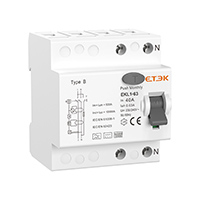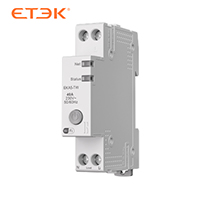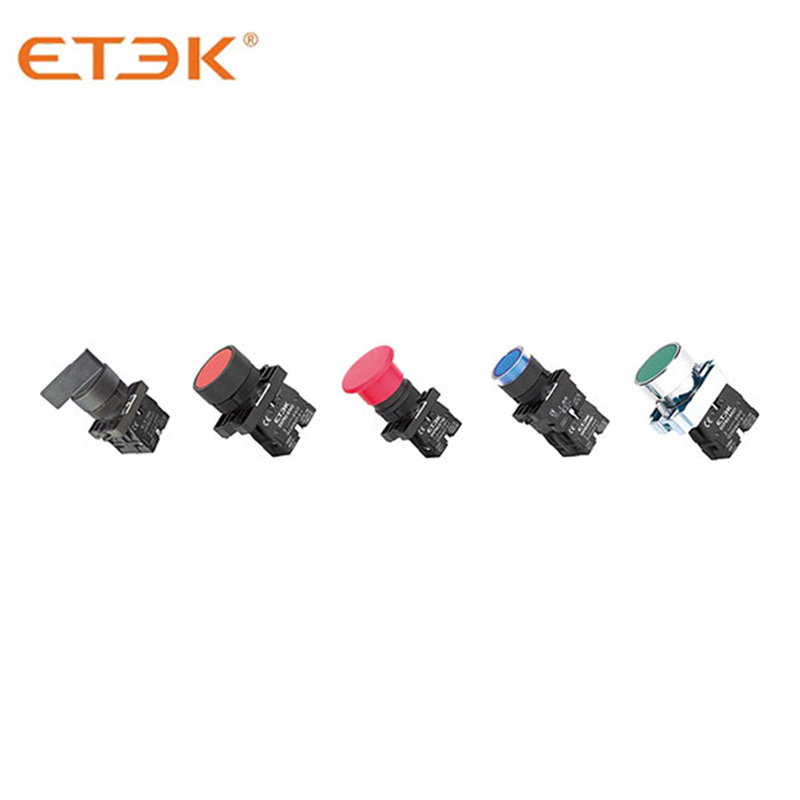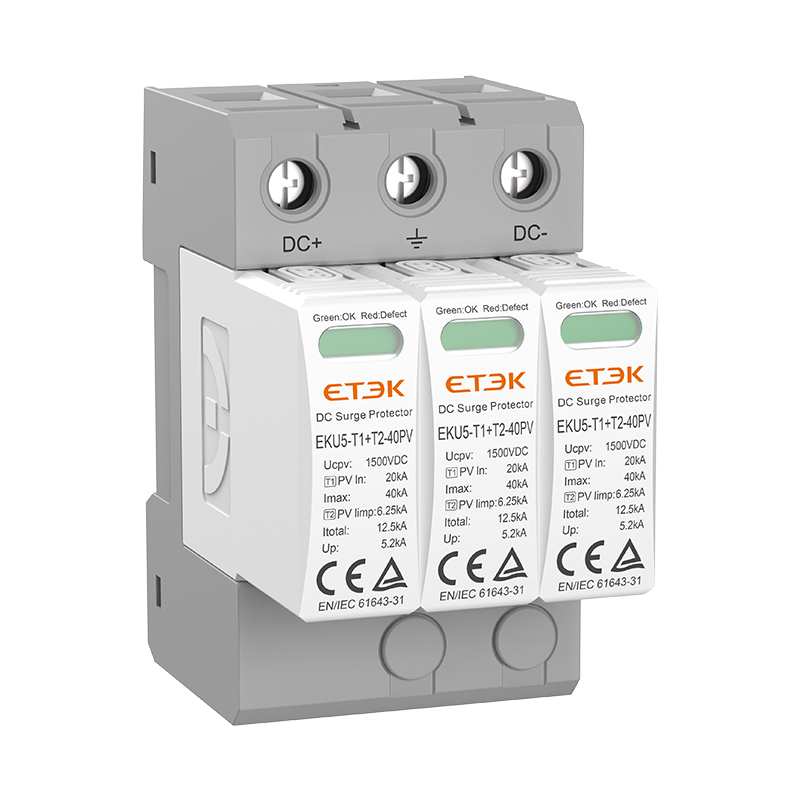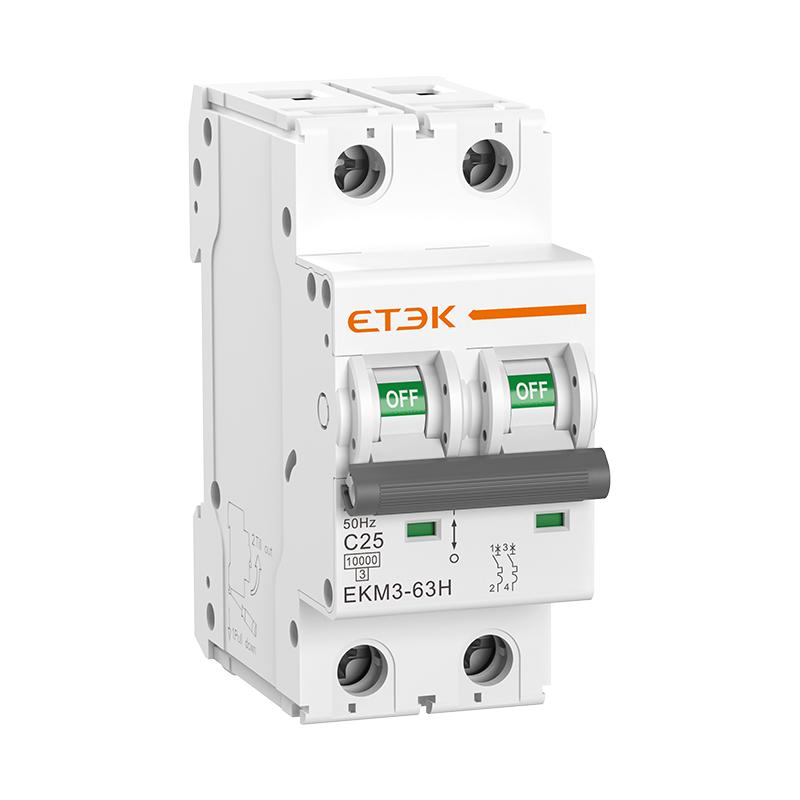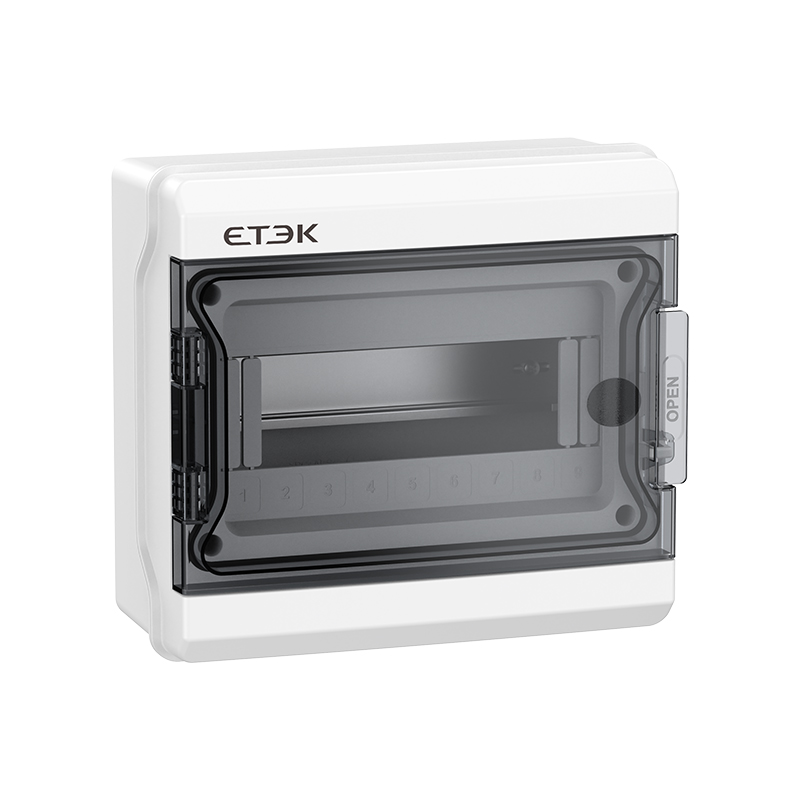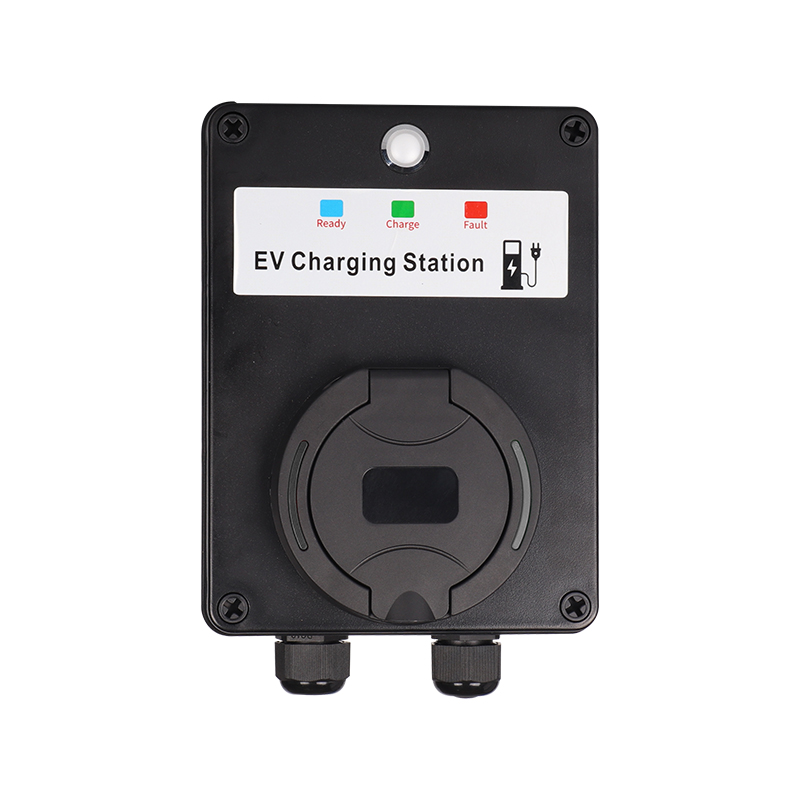Advantages and Disadvantages of Thermal Overload Relay

When selecting a motor protection device, consider specific application requirements, load characteristics, and environmental conditions, including the advantages and disadvantages of thermal overload relays.
What are the advantages of thermal overload relays?
1. Motor protection
Thermal overload relays are primarily used to protect motors from overheating. An overload relay monitors the temperature of the motor to quickly detect overheating and prevent damage or failure.
2. Cost-effectiveness
Thermal overload relays are more economical and efficient than other motor protection devices such as electronic overload relays.
3. Easy to operate
The thermal overload relay is simple to operate, easy to install and maintain.
4. Adjustable protection settings
Most thermal overload relays offer an adjustable trip current setting, allowing the user to tailor the level of protection to specific motor and application requirements.
5. Wide compatibility
Compatible with a wide variety of motor types and sizes, thermal overload relays can be used with both single-phase and three-phase motors, enabling them to be used in a variety of applications.
6. Reduce downtime
By detecting and preventing motor overheating, thermal overload relays help reduce unexpected motor failures and associated downtime, which can save costs and increase productivity.
What are the disadvantages of thermal overload relays?
1. Slow response time
Thermal overload relays have a slower response time than electronic overload relays. May not provide immediate protection in the event of rapid temperature rise or short-term overload.
2. Limited precision
Thermal overload relays have limited accuracy, and the temperature measurement accuracy varies depending on the design and quality of different models.
3. Limited functionality
Thermal overload relays usually only provide basic motor protection functions, such as overload detection. It does not provide other more functions, such as remote monitoring, fault diagnosis, etc.
4. Sensitivity to Environmental Conditions
Thermal overload relays are sensitive to changes in ambient temperature, which may cause false tripping or delayed response.




